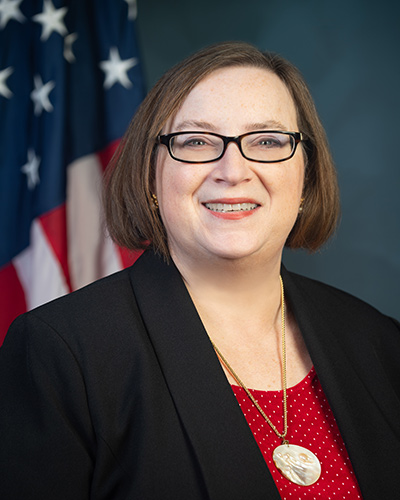The lending limit for federally-backed reverse mortgages is increasing for the seventh consecutive year in a row, set to hit $1,089,300 in 2023.
The Department of Housing and Urban Development (HUD) announced on Thursday via Mortgagee Letter (ML) 2022-21 a maximum claim amount of $1,089,300 for calendar year 2023, a rise of $118,500 from the $970,800 limit governing the Home Equity Conversion Mortgage (HECM) program in 2022.
HUD calculates this figure at 150% of the conforming loan limits on mortgages to be acquired by Fannie Mae and Freddie Mac, which was announced by the Federal Housing Finance Agency (FHFA) on Tuesday to be $726,200 in 2023, up from $647,200 in 2022.
This increase marks what many professionals will see as a positive development for the reverse mortgage industry as a whole, with the lending limit rising to over $1 million for the first time. The new HECM lending limit will allow seniors with higher home values to have an option to tap their equity, which increased considerably during the COVID-19 pandemic.

“The loan limits announced today reflect steep increases in home prices throughout much of the country and will ensure continued access to FHA-insured mortgage financing despite those increases,” said FHA Commissioner Julia Gordon in a statement.
According to the National Housing Act signed into law by President Franklin Delano Roosevelt in 1934 — and as amended by the Housing and Economic Recovery Act of 2008 (HERA), signed into law by President George W. Bush — FHA is required to set single-family forward mortgage lending limits at 115% of area median home prices subject to a floor and ceiling on the limits.
When asked about what this could mean for the reverse mortgage industry, Reverse Market Insight (RMI) President John Lunde does not think the news is surprising, but says it will keep the program in peoples’ minds.
“Incrementally, it’s a good thing since it keeps the program relevant, particularly with proprietary products getting reconfigured and a little more restrictive,” Lunde told RMD. “So, I think it’s a positive thing for the industry overall. Does it bring back a refi boom? Absolutely not, and I don’t think that’s a terrible thing.”
Two years ago when the HECM lending limit rose to over $822,000, Lunde described the speed at which the HECM lending limit had grown since he entered the reverse mortgage business for the first time in the early 2000s.
“I can say personally that it’s quite striking how the HECM limit has grown over time,” Lunde said in 2020. “When I came into the industry in 2004, the highest county lending limit was $362,790 and some counties were in the low $200,000 range. Those lowest-limit counties now have a lending limit almost four times what it was then, and even the highest-limit counties have more than doubled in that time.”
For several years, the reverse mortgage lending limit remained stagnant, before rising in 2017 from $625,500 to $636,150. Since then, a rise in the HECM lending limit has closely accompanied the announcement of conforming loan limits on Fannie and Freddie mortgages.
The new loan limit will take effect for loans with case numbers assigned on or after January 1, 2023, through December 31, 2023, as specified by HUD.
The release of the new HECM lending limits came on the same day as the release of Mortgagee Letter 2022-20, which specified new forward mortgage loan limits. FHA’s nationwide forward mortgage limit “floor” and “ceiling” for a one-unit property in calendar year 2023 are $472,030 and $1,089,300, respectively.





